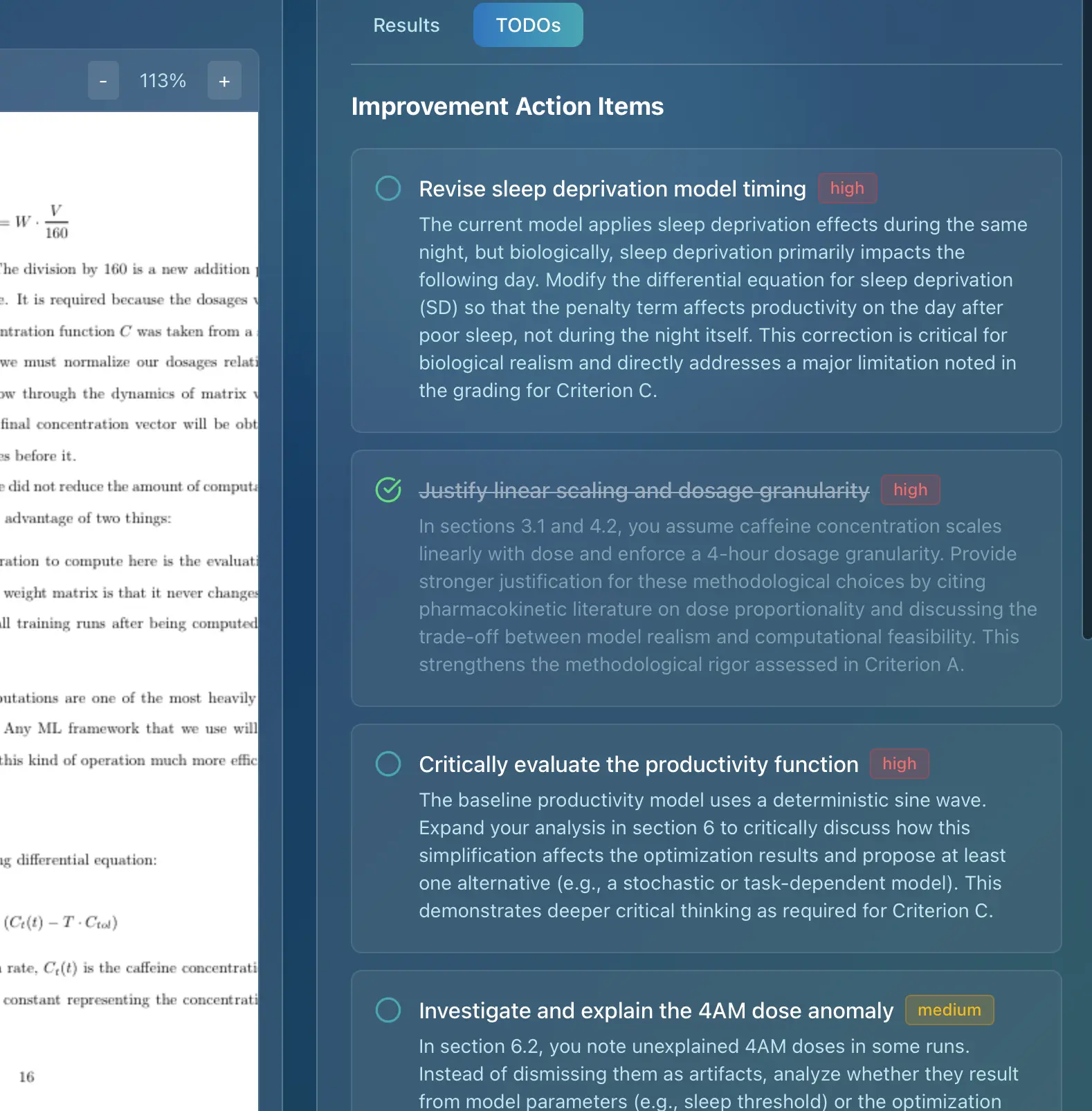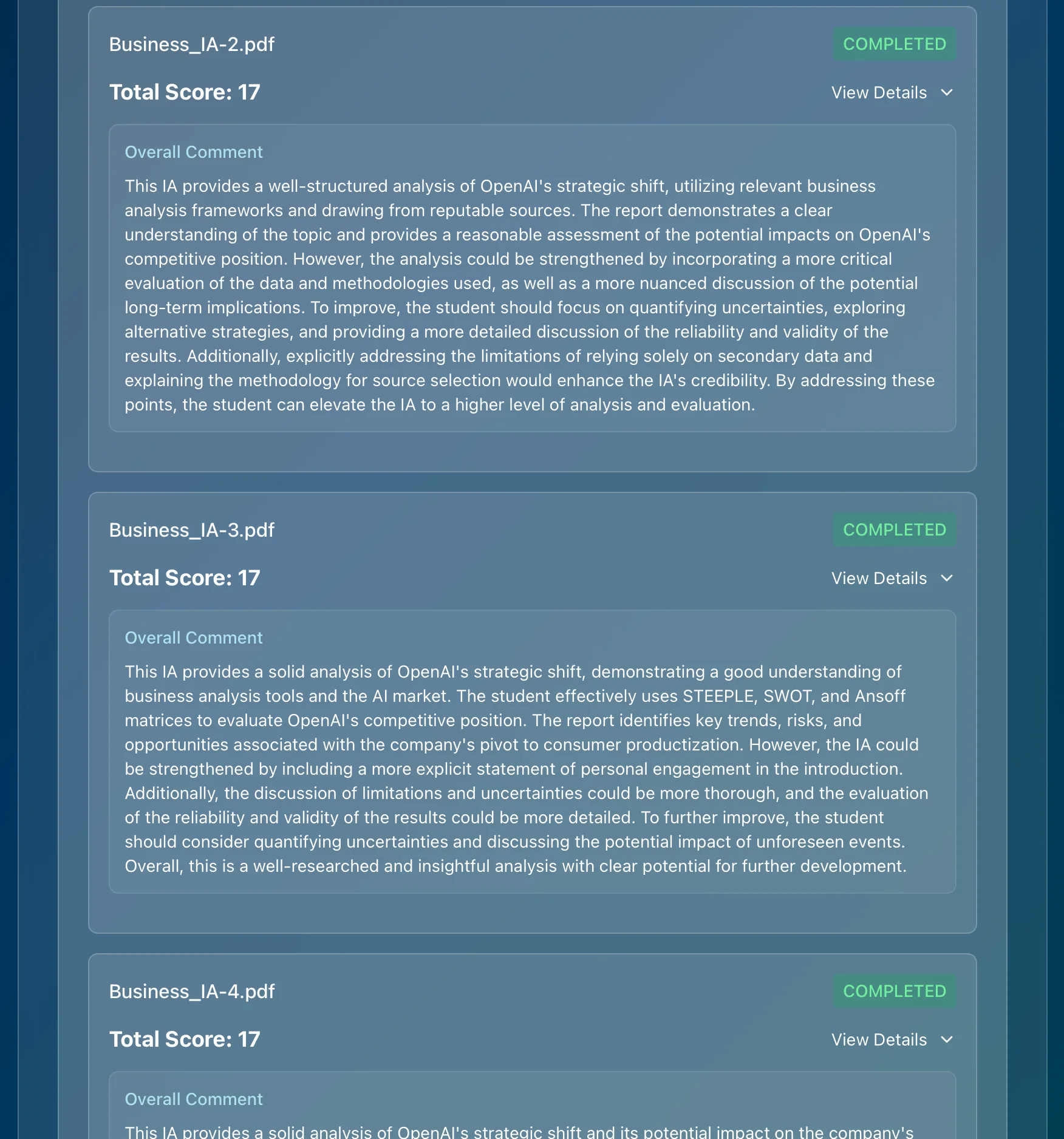IB Psychology Extended Essay: A Guide to Research Methods
Are you an IB Psychology student embarking on the Extended Essay journey? This comprehensive guide is your roadmap to success, focusing specifically on mastering research methods. The IB Psychology Extended Essay requires you to conduct independent research, analyze data, and present your findings in a well-structured and academically rigorous manner. This guide will equip you with the knowledge and skills to choose a suitable research method, formulate a focused research question, and ultimately, achieve a high score. We'll cover everything from experimental designs to qualitative approaches, ensuring you're well-prepared to tackle this challenging but rewarding assessment.
Introduction: Mastering Research Methods for Your IB Psychology Extended Essay
The IB Psychology Extended Essay is a significant undertaking, representing a substantial portion of your overall IB grade. It's your opportunity to delve deep into a psychological topic that genuinely interests you, demonstrating your research skills and critical thinking abilities. A crucial element of a successful Extended Essay is the selection and application of appropriate research methods. This guide will walk you through the process, providing practical advice and strategies to help you excel. We'll explore various research methods, discuss their strengths and weaknesses, and offer guidance on how to choose the best method for your specific research question. Let's get started!
Struggling with IB Assessments?
Get instant, detailed feedback on your work with AI that understands IB criteria.

Core Content Sections
1. Understanding the Importance of Research Methods in Your Extended Essay
The research method you choose dictates how you collect and analyze data, ultimately influencing the validity and reliability of your findings. A well-chosen method allows you to answer your research question effectively and demonstrate a deep understanding of psychological principles.
- Validity: Does your research method accurately measure what it intends to measure?
- Reliability: Can your research method be replicated to produce consistent results?
Understanding these concepts is crucial for designing a robust and credible Extended Essay.
2. Choosing the Right Research Method: A Step-by-Step Guide
Selecting the appropriate research method is paramount. Here's a step-by-step guide to help you make the right choice:
-
Define Your Research Question: Your research question should be specific, focused, and answerable through empirical investigation. For example, instead of asking "Does social media affect mental health?", consider "Does increased social media use correlate with increased levels of anxiety in adolescents aged 15-18?".
-
Identify Variables: Determine the independent and dependent variables in your research question. In the example above, social media use is the independent variable, and anxiety levels are the dependent variable.
-
Consider Ethical Implications: Ensure your research adheres to ethical guidelines, including informed consent, confidentiality, and minimizing harm to participants.
-
Evaluate Feasibility: Assess whether you have the resources, time, and access to participants needed to conduct your chosen research method.
-
Explore Different Research Methods: Consider the following options:
- Experiments: Ideal for investigating cause-and-effect relationships. You manipulate the independent variable and measure its effect on the dependent variable.
- Correlational Studies: Examine the relationship between two or more variables without manipulating them. Useful for identifying patterns and trends.
- Surveys: Collect data from a large sample using questionnaires or interviews. Can provide insights into attitudes, beliefs, and behaviors.
- Case Studies: In-depth investigations of a single individual or group. Useful for exploring complex phenomena and generating hypotheses.
- Qualitative Research: Explores experiences, perspectives, and meanings through methods like interviews and focus groups.
3. Diving Deeper: Exploring Different Research Methods
Let's explore some common research methods in more detail:
- Experiments:
- Strengths: High internal validity, can establish cause-and-effect relationships.
- Weaknesses: Can be artificial, may not generalize to real-world settings.
- Example: A researcher conducts an experiment to investigate the effect of sleep deprivation on cognitive performance. Participants are randomly assigned to either a sleep-deprived group or a control group. Cognitive performance is measured using standardized tests.
- Correlational Studies:
- Strengths: Can identify relationships between variables, useful for exploratory research.
- Weaknesses: Cannot establish cause-and-effect relationships, susceptible to confounding variables.
- Example: A researcher investigates the correlation between hours spent studying and exam scores. Data is collected from a sample of students using surveys and academic records.
- Surveys:
- Strengths: Can collect data from a large sample, relatively inexpensive.
- Weaknesses: Susceptible to response bias, may not capture complex phenomena.
- Example: A researcher surveys students to assess their attitudes towards online learning. The survey includes both closed-ended and open-ended questions.
- Case Studies:
- Strengths: Provides in-depth insights, useful for exploring rare or unusual phenomena.
- Weaknesses: Limited generalizability, susceptible to researcher bias.
- Example: A researcher conducts a case study of an individual with a rare psychological disorder. Data is collected through interviews, observations, and psychological testing.
- Qualitative Research:
- Strengths: Provides rich, detailed data, can explore complex phenomena.
- Weaknesses: Subjective, difficult to generalize, time-consuming.
- Example: A researcher conducts interviews with individuals who have experienced trauma to understand their coping mechanisms.
4. Formulating a Strong Research Question
A well-formulated research question is the foundation of your Extended Essay. It should be:
- Specific: Clearly define the variables and population of interest.
- Focused: Narrow enough to be addressed within the scope of the Extended Essay.
- Answerable: Capable of being answered through empirical investigation.
- Relevant: Connected to existing psychological theory and research.
Example:
- Weak Research Question: "What are the effects of stress?"
- Strong Research Question: "Does chronic stress correlate with decreased performance on working memory tasks in university students aged 18-22?"
5. Data Collection and Analysis
Once you've chosen your research method and formulated your research question, it's time to collect and analyze data.
- Data Collection: Follow a systematic and rigorous approach to data collection, ensuring accuracy and minimizing bias.
- Data Analysis: Use appropriate statistical or qualitative techniques to analyze your data.
- Quantitative Data: Use statistical software (e.g., SPSS) to calculate descriptive statistics, correlations, and inferential statistics.
- Qualitative Data: Use thematic analysis or content analysis to identify patterns and themes in your data.
6. Ethical Considerations in Psychological Research
Ethical considerations are paramount in psychological research. Ensure you adhere to the following principles:
- Informed Consent: Obtain informed consent from all participants before they participate in your research.
- Confidentiality: Protect the confidentiality of participants' data.
- Debriefing: Provide participants with a debriefing after they participate in your research, explaining the purpose of the study and addressing any concerns.
- Minimizing Harm: Take steps to minimize any potential harm to participants.
Common Challenges/Mistakes Section
Many students struggle with specific aspects of the Extended Essay. Here are some common challenges and how to overcome them:
- Choosing a Too Broad Topic: Narrow your focus to a specific research question that can be adequately addressed within the word limit.
- Failing to Justify the Research Method: Clearly explain why you chose your research method and how it is appropriate for answering your research question.
- Inadequate Data Analysis: Use appropriate statistical or qualitative techniques to analyze your data and draw meaningful conclusions.
- Ignoring Ethical Considerations: Ensure your research adheres to ethical guidelines and obtain informed consent from all participants.
- Poor Structure and Presentation: Organize your essay logically and present your findings clearly and concisely.
Example: A student chooses to research "The effects of technology on society." This is far too broad. A better approach would be to narrow the focus to "The correlation between smartphone usage and sleep quality among teenagers."
Pro Tip: Get AI-Powered Grading
Stop second-guessing your grades. Get instant feedback aligned with official IB rubrics.

Advanced Tips/Strategies Section
To elevate your Extended Essay from good to excellent, consider these advanced tips:
- Conduct a Thorough Literature Review: Demonstrate a deep understanding of existing research on your topic.
- Critically Evaluate Sources: Assess the credibility and validity of your sources.
- Discuss Limitations: Acknowledge the limitations of your research and suggest areas for future research.
- Connect to Real-World Applications: Discuss the practical implications of your findings.
- Seek Feedback: Ask your teacher or peers to review your essay and provide constructive feedback.
Example: When discussing the limitations of a survey, acknowledge potential response bias and suggest that future research could use a mixed-methods approach to triangulate findings.
Technology and Modern Assessment Section
Technology is transforming the landscape of IB assessment, offering new tools and resources to both students and teachers. AI-powered platforms are emerging as valuable aids in the grading and feedback process. For example, Marksy is an AI grading assistant specifically designed for the International Baccalaureate. It provides instant, accurate, and detailed feedback on student work based on official IB rubrics. This technology helps teachers provide consistent and objective assessments, saving them valuable time while ensuring students receive clear guidance on how to improve their work. Marksy uses official IB criteria to ensure accuracy and fairness, offering rubric-aligned scoring, detailed criterion-by-criterion feedback, and suggestions for improvement. This allows students to understand exactly where they stand in relation to the IB standards and how to achieve higher marks. By leveraging AI, educators can focus on providing personalized support and fostering deeper learning.
Conclusion with Clear Next Steps
The IB Psychology Extended Essay is a challenging but rewarding experience. By mastering research methods, formulating a strong research question, and adhering to ethical guidelines, you can produce a high-quality essay that demonstrates your understanding of psychological principles and your critical thinking abilities.
Next Steps:
- Brainstorm Potential Topics: Identify areas of psychology that genuinely interest you.
- Formulate a Research Question: Develop a specific, focused, and answerable research question.
- Choose a Research Method: Select the most appropriate research method for answering your research question.
- Start Your Research: Conduct a thorough literature review and gather relevant data.
- Write Your Essay: Organize your essay logically and present your findings clearly and concisely.
Ready to take your IB Psychology Extended Essay to the next level? Try Marksy for free and experience the power of AI-driven feedback! Sign up for a free trial today and discover how Marksy can help you achieve your academic goals or streamline your grading workflow.